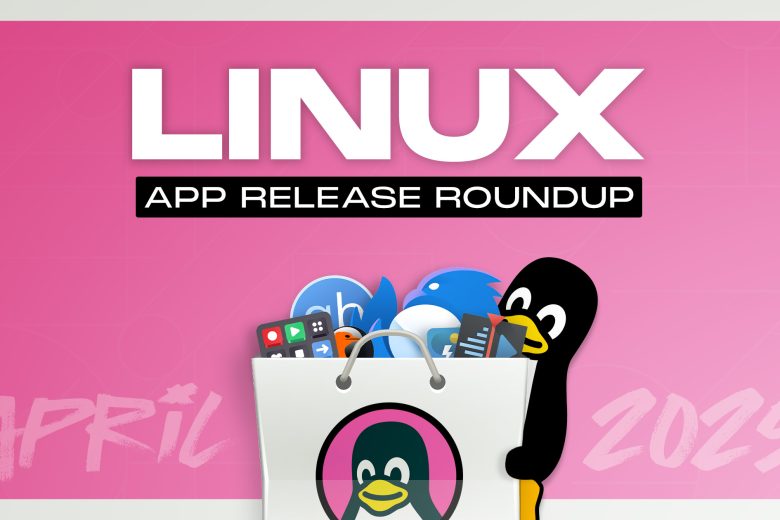In a world dominated by proprietary software and corporate tech giants, the Linux and Free and Open Source Software (FOSS) community stands out as a beacon of openness, collaboration, and digital freedom. From powering servers and smartphones to fostering a culture of inclusivity and innovation, this community has become one of the most influential forces in modern computing.
What Is Linux?
Linux is an open-source operating system kernel created by Linus Torvalds in 1991. Unlike proprietary systems like Windows or macOS, Linux is distributed under the GNU General Public License (GPL), which allows anyone to use, modify, and share the software freely. Today, Linux is the foundation of many operating systems known as Linux distributions (distros), such as Ubuntu, Fedora, Arch Linux, Debian, and many more.
What Does FOSS Mean?
FOSS stands for Free and Open Source Software. This philosophy emphasizes:
- Freedom to use software for any purpose
- Access to the source code so users can study how it works
- Right to modify the software to suit individual or organizational needs
- Permission to share copies, both original and modified
FOSS isn’t just about cost—it’s about freedom, transparency, and community empowerment.
The Heart of the Community
At the core of Linux and FOSS is a decentralized, global community made up of developers, hobbyists, organizations, students, and users. Unlike commercial software, the FOSS ecosystem thrives on contributions from individuals who are passionate about technology and freedom.
Key characteristics of the Linux/FOSS community include:
- Collaboration across cultures and time zones
- Meritocracy, where contributions are valued regardless of status
- Decentralization, allowing development to continue without corporate control
- Transparency in governance and decision-making
- Inclusivity, welcoming new users and contributors
Why It Matters
Linux and FOSS technologies are everywhere:
- Servers: Over 90% of cloud infrastructure and web servers run on Linux
- Android: The world’s most popular mobile OS is based on the Linux kernel
- Supercomputers: 100% of the top 500 supercomputers use Linux
- Internet of Things (IoT) devices, routers, smart TVs, and embedded systems
- Education & research, where cost-effective, customizable tools are essential
This community model not only produces robust and secure software but also empowers users with control over their digital lives.
Notable FOSS Projects
- Linux kernel
- GNU tools and libraries
- Firefox (web browser)
- LibreOffice (office suite)
- GIMP (image editing)
- Krita, Blender, Inkscape (creative tools)
- VLC Media Player
- Apache, NGINX, MariaDB, PostgreSQL (web & database servers)
The Role of Advocacy and Events
FOSS thrives not only through code but also through advocacy. Linux User Groups (LUGs), open-source foundations, and conferences like FOSDEM, LibrePlanet, and Open Source Summit provide platforms for education, networking, and spreading awareness.
Initiatives like Software Freedom Day, Hacktoberfest, and Outreachy aim to grow and diversify the community, offering mentorship and encouragement to underrepresented contributors.
Challenges Faced
While the community is strong, it’s not without hurdles:
- Funding for maintainers of critical infrastructure
- Burnout among contributors
- Fragmentation across distros and forks
- Adoption hurdles for new users
- Corporate co-option of open-source projects without fair contribution
Yet the community continues to adapt and respond through innovative support models like crowdfunding, sponsorships, and nonprofit foundations.
Conclusion
The Linux and FOSS community represents a unique intersection of technology, philosophy, and activism. It proves that software can be developed transparently, collaboratively, and for the benefit of all—rather than a few.
Whether you’re a developer, a student, or simply a curious user, the FOSS world has a place for you. Joining the movement means not just using free software—but contributing to a freer, more equitable digital future.
